Mozambique’s ruling party, Mozambique Liberation Front (FRELIMO), prevailed in a disputed election last year, extending its 49-year grip on power in the southern African nation. Protests have continued to wrack the country ever since. But who is behind the discontent, and how does it compare to protest movements in countries like Kenya and Nigeria?
Last October, Mozambique held its seventh multiparty election since the end of the country’s civil war in 1994, but the results have been controversial. Local and international election observers, including teams from the Episcopal Conference and the European Union, noted that irregularities marred the process. However, the country’s apex court nonetheless declared Daniel Chapo of the ruling FRELIMO the winner with 65.2% of the vote, revised down from the initial results of nearly 71%.
His closest opponent, with 24.2%, was Venâncio Mondlane, leader of the Optimist Party for the Development of Mozambique (PODEMOS), which has moved from the fringes of the political landscape to become the main opposition party in the Southern African state. The party, founded by former members of FRELIMO, gained traction by tapping into the youth’s anger against the government. FRELIMO, previously a Marxist-Leninist organization, claims it has long changed ideology to democratic socialism, but many remain unconvinced.
Following the election, protests erupted in cities such as Maputo, Beira and Nampula. Estimates suggest the post-election violence has now claimed over 350 lives since October. Tensions were running high after the killing of a Mozambique opposition lawyer and a party official after unidentified gunmen fired multiple rounds at a car while the results of the ballot were still uncertain, Reuters reported.
Since then, authorities have arbitrarily detained more than 2,000 people and have imposed internet restrictions, as confirmed by a recent report from the group Access Now. In the midst of the political chaos, 1,500 inmates escaped from a Maputo prison in December.
“The deployment of tanks and heavily armed officers has turned Maputo and other cities of the country into a de facto conflict zone, sparking widespread alarm among the citizens,” Adriano Nuvunga, director of the Center for Democracy and Human Rights, a prominent Mozambican think tank, told a local paper.
Youth discontent rises, protests continue
FRELIMO has been at the helm of affairs in the country since its independence from Portuguese colonial rule in 1975. The party’s critics and civil society leaders say it has kept its grip on power through electoral manipulation and running an authoritarian state that quashes dissent and encourages crony corruption.
Many have cited similarities between the protests with those in Nigeria and Kenya over the last five years, as more youths express their frustration with democracy and its failure to improve the quality of life or to protect citizens’ fundamental human rights.
Analysts noted that a key difference was the lack of a singular, charismatic leader in Nigeria and Kenya, where police brutality and a cost-of-living crisis sparked the protests. Instead, the movements there were organic and led by young people rather than by civil society or opposition politicians. Nonetheless, as in Mozambique, they were spearheaded by a similar demographic: the youth.
Eventually, the protests turned into looting, evidence of high-level opportunism in a country with multiple issues: rampant corruption, 80% youth underemployment, the continued impact of Cyclone Chido, and jihadism.
Mondlane urged more protests while defending his supporters from accusations of looting and damaging infrastructure by the authorities.
“It’s the policemen who are prepared to rob the stores, set fire to the banks and break into the warehouses,” he said during a live broadcast earlier this month. “You saw the images of policemen telling the population to come in to get food. People come in because they are hungry.”
Mozambique in contrast with Kenya and Nigeria
But some aspects of the recent uprising are specific to Mozambique. The very nature of FRELIMO’s dominance, its deep entrenchment in the state apparatus, and its control over key sectors of the economy created a sense that their grip on power was inevitable. Unlike the more fluid political landscapes of Kenya or Nigeria, where opposition voices can maneuver and remain vocal, Mozambique tightly controls its political terrain, which limits the scope for dissent. Under the immediate past president, Filipe Nyusi, some improvement was seen compared to his predecessors, but the progress was minimal.
According to the 2024 country report by the Bertelsmann Transformation Index, authorities often interpret information by civil society groups about their protests, a right enshrined in the constitution, as an obligation to seek authorization. That, the report notes, has led to a clampdown on demonstrations except those by groups allied to FRELIMO.
Overall, the BTI ranked the country a “moderate autocracy,” giving it a democracy status of 4.1, out of a possible ten points. That figure was down from 6.1 points ten years earlier, reflecting a steady erosion of democratic freedoms. “In Mozambique, economic growth does not trigger development as policies lack coherence and coordination, and legal frameworks are insufficiently implemented,” BTI authors concluded.
In southern Africa, ruling parties such as FRELIMO, alongside South Africa’s African National Congress (ANC) and Zimbabwe’s Zimbabwe African National Union — Patriotic Front (ZANU-PF), are the same nationalist movements that fought against settler colonialism. The median age in many countries ranges from 18 to 23, meaning that many citizens were not born during the days of nationalist struggle and therefore do not share the nostalgia of those times, or their forefathers’ solidarity with these liberation movements that evolved into political parties. Thus, their sense of outrage is growing fast.
For a long time, there was the lingering trauma of the civil war, a conflict that pitted brother against brother and left deep psychological wounds. The fear of a return to violence, the memory of the brutal years of conflict, acted as a powerful deterrent, muting the voices of dissent and tempering the urge to take to the streets. But the youth, who lack such memories, are taking to the streets as their frustrations reach a boiling point.
This was a point taken advantage of by Mondlane, a populist with the gift of reading his audience. Rather than negotiate with FRELIMO in a bid to share power, he rallied his supporters to continue the protests. As pockets of protests continue in Mozambique, it is clear that the balance of power is shifting and that Mondlane will be waiting for another opportunity to get young people on the streets again in his bid to wrest power away from a party now associated with state failure.
Support Fair Observer
We rely on your support for our independence, diversity and quality.
For more than 10 years, Fair Observer has been free, fair and independent. No billionaire owns us, no advertisers control us. We are a reader-supported nonprofit. Unlike many other publications, we keep our content free for readers regardless of where they live or whether they can afford to pay. We have no paywalls and no ads.
In the post-truth era of fake news, echo chambers and filter bubbles, we publish a plurality of perspectives from around the world. Anyone can publish with us, but everyone goes through a rigorous editorial process. So, you get fact-checked, well-reasoned content instead of noise.
We publish 3,000+ voices from 90+ countries. We also conduct education and training programs
on subjects ranging from digital media and journalism to writing and critical thinking. This
doesn’t come cheap. Servers, editors, trainers and web developers cost
money.
Please consider supporting us on a regular basis as a recurring donor or a
sustaining member.
Will you support FO’s journalism?
We rely on your support for our independence, diversity and quality.


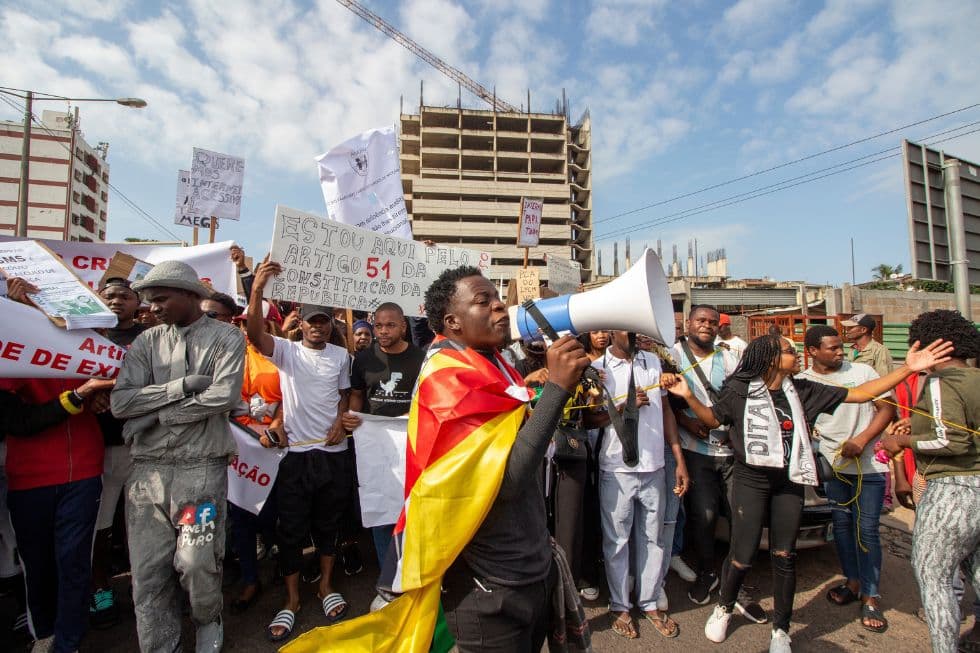
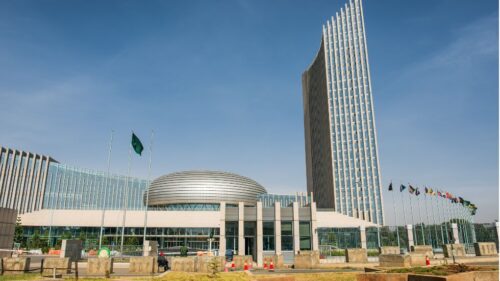
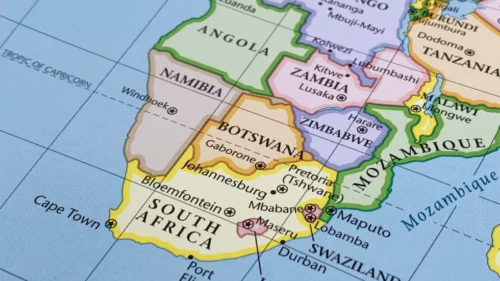

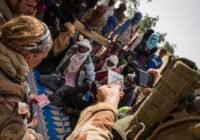
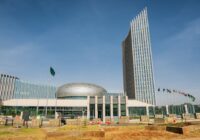



Comment